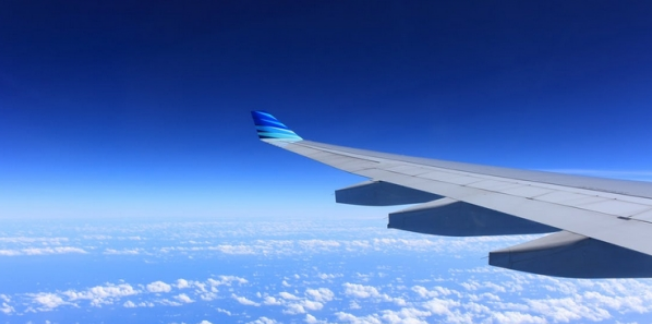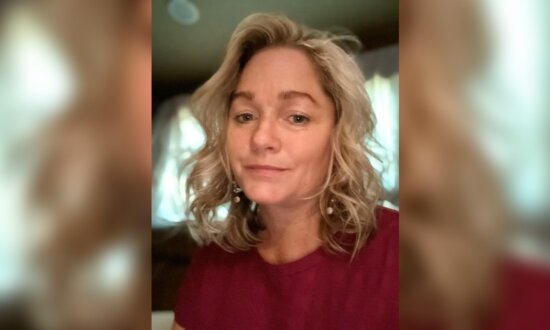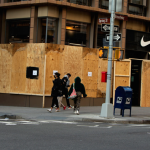‘We will ask people to have a vaccination before they get on the aircraft’
Ever since President Trump responded aggressively to the COVID-19 pandemic with a plan to develop a vaccine in record time, there has been concern that it would be mandatory.
Some object to vaccination because of documented health risks, and there are religious objections, as some vaccines use the cells of aborted babies.
Now, with three companies have confirmed they have tested vaccines set for distribution, it’s clear the issue is not simply whether or not governments will require it.
Quantas Airlines CEO Alan Joyce said Monday that passengers traveling internationally will be required to have a COVID-19 vaccine.
“For international travelers that we will ask people to have a vaccination before they get on the aircraft. Certainly, for international visitors coming out and people leaving the country we think that’s a necessity,” he told the Australian television show “A Current Affair”
Joyce said he expects the requirement to be worldwide.
#BREAKING: QANTAS CEO confirms that proof that you've been vaccinated for COVID-19 will be compulsory for international air travel onboard his aircraft. #9ACA pic.twitter.com/dhk3Hsnxn9
— A Current Affair (@ACurrentAffair9) November 23, 2020
“We are looking at changing our terms and conditions to say, for international travelers, that we will ask people to have a vaccination before they can get on the aircraft,” Joyce said.
On Monday, drugmaker AstraZeneca announced the success of late-stage trials for its own COVID-19 vaccine, which was developed with Oxford University.
The Oxford-AstraZeneca vaccine was estimated to be 90% effective in preventing COVID-19.
Pfizer and Moderna previously announced vaccines that are more than 90% effective.
But AstraZeneca said its product could be stored in a refrigerator at about 40 degrees Fahrenheit, while the others require temperatures as low as minus-94 degrees.
All three still face examination from regulators.
A report published by Johns Hopkins University said it’s questionable whether private companies could require employees to be vaccinated, although it probably could be required of customers.
The report cited a 1905 U.S. Supreme Court case concluding governments across the nation could require citizens to be vaccinated.
However, the precedent was set during a dispute over smallpox, when medical technology and treatment was vastly different. Any government attempt to mandate a COVID-19 vaccine undoubtedly would be challenged in court.
In the Johns Hopkins report, public health expert Joanne Rosen noted current vaccination requirements have medical exemptions for those whose health may be compromised by the treatment, and some jurisdictions have religious exemptions.
Rosen explained that some of the exemptions were introduced “to try to respond to and prevent vaccine-related backlash.”
“There’s a very strong culture in this country and others of personal autonomy and not wanting the government to force you to do something or tell you what to do,” she said. “People wanted to be able to make their own decisions about the risks they’re willing to take. The introduction of these exemptions, in part, was kind of like a safety valve to let some of the pressure out of the system so that people could feel that they had some choice.”
Those mechanisms actually protected the overall integrity of a vaccine regimen, she explained.
She said a mandate could end up creating “a lot of backlash and resistance.”
Advertisement – story continues below
“One approach might be to start with a strong recommendation and education campaign. Physicians and health care providers can be part of this effort to educate people about the safety of vaccines. A particular issue that we may face with a COVID-19 vaccine that does arise with other vaccines, but not to the same degree, are questions about [safety] because it’s brand new,” Rosen said.
If enough people seek a vaccination voluntarily, there would be no need for a mandate, Rosen said.












